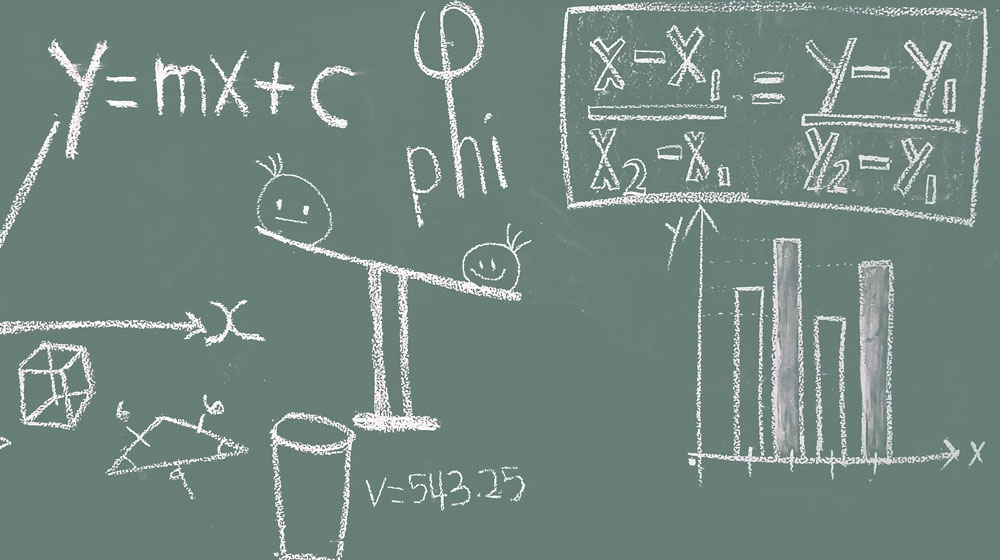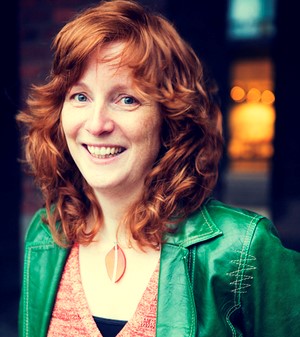Schools supported by KTH research

Three Stockholm municipalities have been given the chance to both contribute to and take part in research that KTH's teacher students do in their degree projects. The "KULF" project at the Department of Learning, has received good attention for its results.

Collaborative models for so-called ”practical research” is a hot topic within upper secondary schools, university and lifelong learning. At the Department of Learning at KTH, the KULF project has been running since the spring of 2020. In collaboration with the municipalities of Stockholm, Haninge and Lidingö, researchers, teachers and student teachers from KTH investigate how teaching in the subjects science, technology and mathematics can be designed to compensate for the students' differences, something that all principals and schools are obliged to do.
”This is fun because it’s research that makes a difference immediately. The research is based on knowledge from what happens in the teaching situation and the problem formulations come from needs that the teachers find relevant”, says Eva Hartell, leading the research in Haninge municipality and researcher at Learning in STEM who together with Professor Arnold Pears and Cecilia Kozma leads the KULF team at the Department of Learning.
Eva says that one of the great benefits of the project is that an arena to develop teaching is established.
”In this project we create meeting places and collaboration areas where teachers, researchers, student teachers, school leaders and so on, can meet and exchange knowledge and experiences. We test different collaboration models between academia and school principals to strengthen the scientific foundation in school. The collaboration models that work best should be able to be used nationally and become permanent.
The issues that have been raised so far in the essays within the KULF project are highly topic. One study has examined whether high school students' performance in mathematics depends on whether they solve the problems on paper or computer. Another deals with the students' experiences of online teaching in mathematics in the wake of the pandemic - how it affected their math studies and attitude to the subject.
”We have an ambition to spread the results and problematize and follow them up”, says Eva Hartell.
She says that the national initiative to increase research collaboration between academia and school ( ULF ) is observed by a Norwegian research group and that the KULF model receives very good cheers from the neighboring country:
”We are both flattered and happy that we get nice reviews in the evaluations and a little surprised that they were impressed by our work. We hope that KTH retains the initiative to lead the development of practical research and also wants to take this model further. The model for the upper secondary school would also be suitable for the university's development work.
